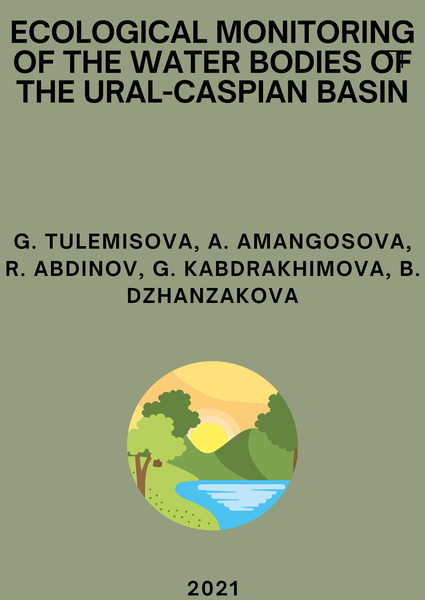




Year: 2021
Collections: Scientific Publications
Topics: Water, IWRM
Authors: Tulemisova G., Amangosova A., Abdinov R., Kabdrakhimov G., Dzhanzakova B.
Countries: Kazakhstan, Kyrgyzstan, Uzbekistan, Tajikistan, Turkmenistan
Source: Central Asian Journal of Water Research
Downloads:
The article presents the results of investigating heavy metal concentrations in water bodies of the Ural-Caspian Basin. Heavy metal content in water, bottom sediment (silt) and biota condition constitute the most objective and reliable indicators of water pollution and overall anthropogenic load on a water body. At present, the scale of the technogenic pathway of heavy metals entering surface water bodies (with wastewater from industrial enterprises and cities, as well as surface agricultural runoff, etc.) considerably exceeds the natural one, thus, posing a real threat of disturbing the balance of aquatic ecosystems, foremost of these possessing commercial fishing importance. The Caspian Sea and the rivers flowing into it are among such water bodies. The study focused on the toxicological state of water in the northeastern section of the Caspian Sea, as well as in the rivers flowing into it and their tributaries. Among pollutants, heavy metals cause the highest concern not only because of their high toxicity for aquatic organisms, but also due to their ability to accumulate and transform inside biocenoses, as well as one of the drivers of decreasing biological resources. The Ural River demonstrates high concentrations of copper, chromium and lead throughout the year exceeding the corresponding MACs 2-6 times. The Kigach River is contaminated with heavy metals to a lesser degree, yet the analysis of summer water samples pointed to increased copper and lead content. In the Ural and Kigach Rivers, heavy metal contamination occurs due to sewage arriving from upstream areas. The research allowed detecting the seasonal dynamics of heavy metal content in the northeastern section of the Caspian Sea, as well as showed that heavy metals enter water bodies not only during spring floods, but during all seasons of the year.
По всем вопросам сотрудничества обращайтесь по эл.адресу или телефону: